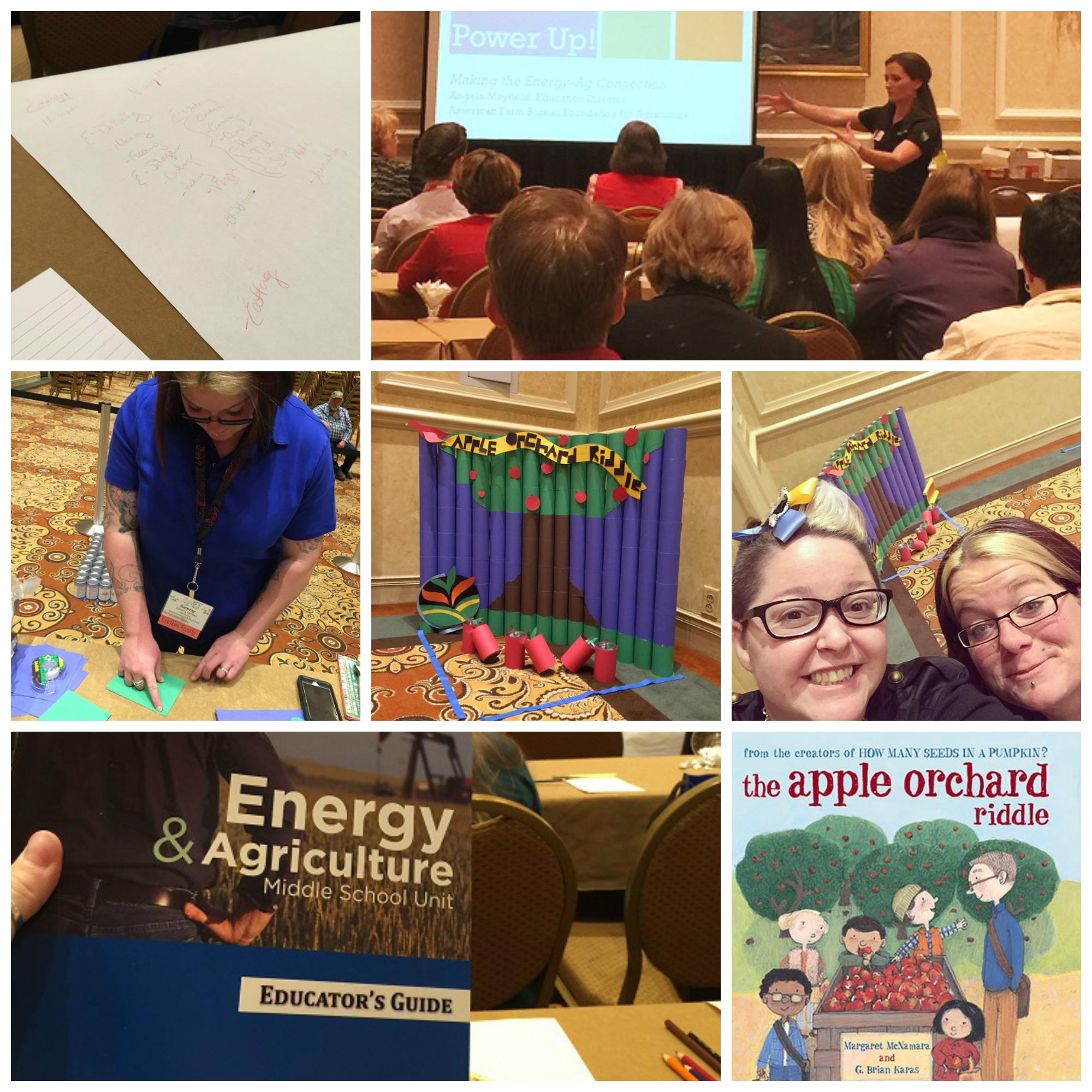2015 YF, AFBF, and Women's AFBF Conference Roundup
For the first time ever, The YF & AFBF Conference was combined with the Women's AFBF conference and it was spectacular. Sam McNay and Jami Guess of the Jefferson County Farm Bureau attended several classes, many of which revolved around education. One of the favorite speakers was Angela Mayfield, The Education Director at AFBF. She presented a workshop discussing Energy and Ag. At the beginning, participants were put into groups of 8 to list what kind of energy we used from noon- 6pm during our average day. It was quite enlightening to hear what everyone thought of. It ranged from physical energy to electrical energy use. During the course of the workshop participants worked on activities pulled from the "Energy & Agriculture Educators Guide." On one of the days participants took part in a FUSION Community Service Outreach project building a can structure or art piece.

KFB Spotlight
- Kentucky Farm Bureau Names 2025 Farmer of the Year Finalists
- July 8, 2025
-

-
The three finalists are: Mark Metcalfe of Hopkins County, Scott Porter of Mason County and Mike Wilson of Anderson County.
- Statement from KFB President Eddie Melton on Recently Passed Capital Gains Tax Relief
- July 7, 2025
-

-
Kentucky Farm Bureau President Eddie Melton commented today on the inclusion of capital gains tax relief to help keep agricultural land in production in the recently passed One Big Beautiful Bill Act.
- President's Column | I Want Our Farming Legacy to Continue for Generations
- July 3, 2025
-

-
Over the last 25 years, Kentucky agriculture has gone through an extraordinary transformation moving from a tobacco-dominant ag economy into one of the most diversified ag industries in the country.